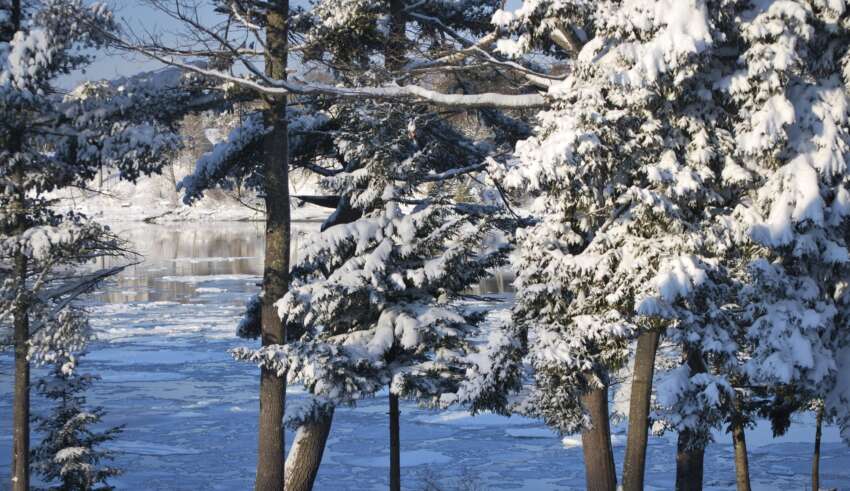
Open Space meetings are usually convened for several hours or for a few days. As in the case of Future Search, World Café and the Intergroup Mediation process, much of the work in Open Space is done in small groups—with occasional report outs to the entire group. Unlike in the Intergroup Mediation and Future Search systems, the small group discussions are often quite fluid in an Open Space meeting (and in World Cafes) . Participants easily leave one group and join another—or start a new group that will address a new topic or engage an existing topic in a new way. Butcher paper and flip charts once again “rule the day.” Updates of small group topics and initial points of inquiry related to these topics are posted on these charts along with the place and time where and when this group will be convened.
I find that there are two critical structural components of Open Space that should not be overlooked. First, someone in each small group should be designated as the recorder to take notes (often writing them on a flip chart). Second, at the end of each or at least most open space sessions, a summary document should be compiled from the notes taken by the recorder in each of the small groups. This summary is distributed as a paper or electronic document to all participants. The distributed documents are used as the basis for prioritizing issues, identifying next steps, and continuing work beyond the meeting itself.
This critical component, in turn, points to one other structure that is introduced at the end of the Open Space meeting: all or most of the small groups then report to the whole group on follow-up activities. If one of the assumptions I listed above is accurate—that passion is inherent in the topics being addressed– then this passion (shared by World Café, Intergroup Mediation, and Open Space participants) should extend beyond the Open Space meeting. The passion should motivate continuing attention to the issues being identified and addressed at the Open Space meeting. Without extensive formal monitoring, follow up activities should “self-organize” and important actions should emerge from this temporary system.
The fresh breeze of freely generated ideas, perspectives and practices just might circulate around an existing organization or community following a Future Search or Open Space meeting. This fresh breeze might be welcomed as it swirls around the heads and hearts of those living and working in the organization or community. It should also be noted, however, that heads and hearts might be troubled by this breeze. Members of the organization or community might remain intransigent and resentful of the “non-realistic” outcomes of this “chaotic” and wasteful meeting. Thus, the new viewpoint might be both welcomed and rejected. Products of Future Search and Open Space are both friend and enemy, strong and weak, active and passive. Ambiguity and contradiction abound—as does diffuse anxiety (Bergquist, 2020).
We have indeed found that participants in many collaborative problem-solving engagements (like Future Search and Open Space) face ambivalent attitudes when they return to their home organization or community. Nevertheless, long after the Open Space (or Future Search) meeting concludes, its participants (and those affiliated with the participants) often find that the heart-based habits of this temporary system will linger. They are prepared for the ambivalence and are likely to be persistent in their attempts to bring about reform in their organization or community. Unlike those who gather ideas from the passive attendance at a traditional conference or training program, the participants in collaborative problem-solving events are actively involved in the creation of the new ideas and are engaged in co-active problem-solving with other participants.









